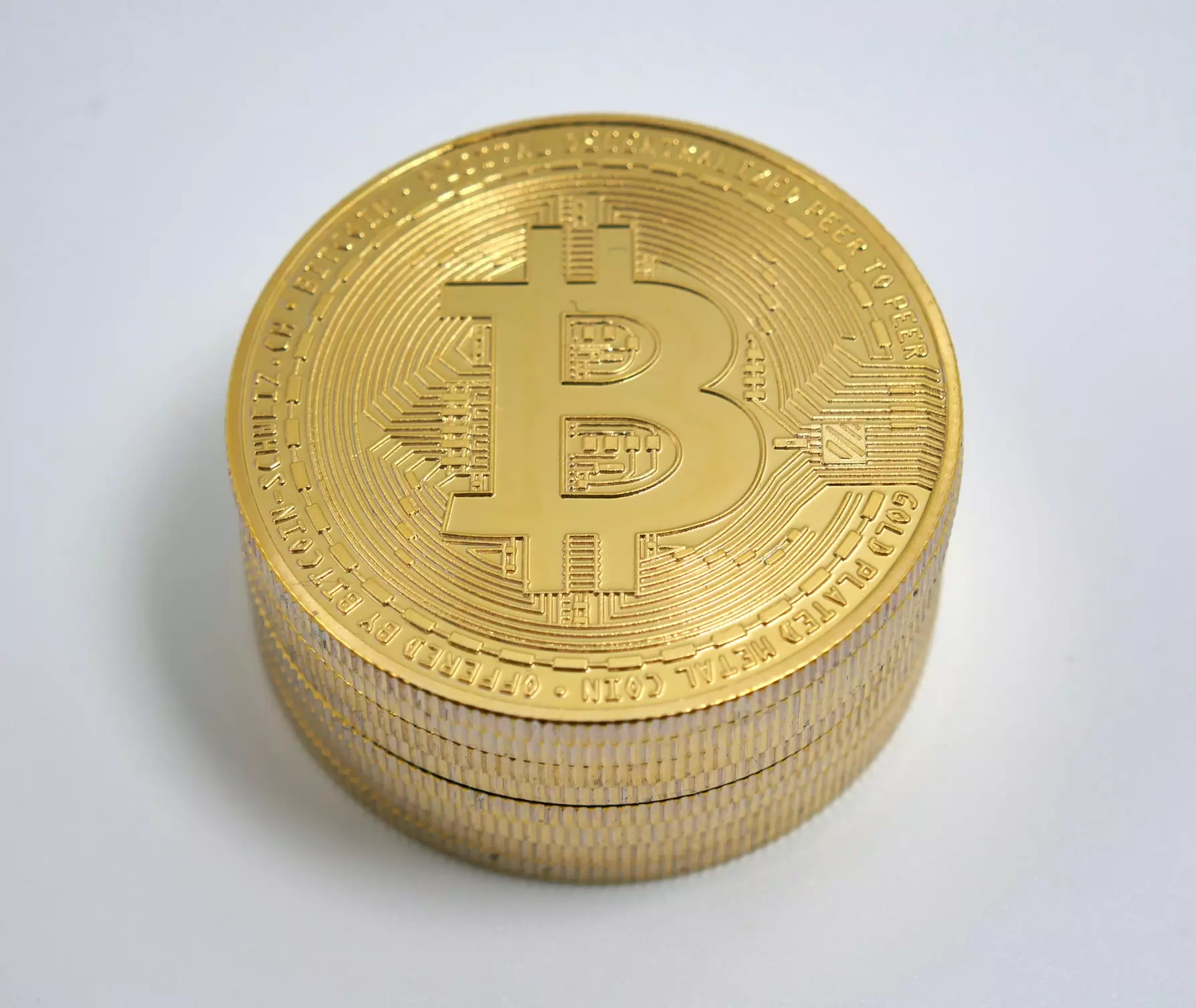Some of the biggest names in banking are reversing course on their views of Bitcoin, should their arrival be feted or feared?
Samantha Heywood thought she could change him after they got married. Like so many other women, she thought that given time, her then-boyfriend now husband, would perhaps change his ways.
And for the longest time there were plenty of signs to indicate that that could happen.
After all, hadn’t he thrown her a surprise birthday party and wasn’t he tender with her when no one else was looking?
Yet as she washed the matted blood out of her hair, Samantha was starting to wonder if Doug would ever change, or whether she’d be dead well before he did.
Thinking back to a song she had heard her father play in the car by Al Wilson, Samantha realized now how naïve she had been all along.
“I saved you, “ cried that woman,
“And you’ve bitten me, even why?
And you know your bite is poisonous and now I’m gonna die,”
“Oh, shut up, silly woman, “ said that reptile with a grin,
“Now you knew darn well I was a snake before you brought me in.”
Was Doug the snake Samantha’s father had always warned about?
Which is why the rush of the cryptocurrency industry to embrace institutional money is so puzzling — it benefits the incumbents far more than the upstarts.
Institutional participation in cryptocurrencies favors centralized intermediaries rather than the decentralized ethos upon which Bitcoin was founded.
And Wall Street money favors a pattern of habitual rent-seeking, instead of fostering further innovation and experimentation with cryptocurrencies and blockchain technology.
So why the push for banks to bet on Bitcoin?
Bitcoin for Banking

It’s not that Wall Street views technology with suspicion.
In fact, Wall Street has historically been quick to embrace technology, particularly when it increases profitability.
Take for instance the computer.
Wall Street was the first to see how computers could provide traders with an advantage in the markets and was also the first to introduce electronic trading.
And when high frequency trading saw that fiber optic lines that went as straight as possible could give their trading desks an advantage, millions of dollars were invested to make that possible.
Make no mistake, Wall Street has never feared technology, but it has been slow on the uptake when it wasn’t immediately clear how it could harness that technology for its own benefit.
So it wasn’t an immediate surprise that when Bitcoin appeared on the scene Wall Street’s initial reaction was one of suspicion, followed by disdain and finally derision.
Given that the banks were still reeling from the fallout of the financial crisis, enhanced regulatory burdens and heavier scrutiny, the last thing they needed to contend with was an alternative and highly speculative parallel asset class that was unregulated and poorly understood.
Famously bashed as a “fraud” by JPMorgan Chase CEO Jamie Dimon that global governments would “crush,” a chorus of high profile Wall Street voices warned of the dangers of investing in Bitcoin.
Even the folksy Oracle of Omaha, Warren Buffett, warned that Bitcoin was nothing more than “rat poison squared.”
If so, then Wall Street must have since developed a taste for rat poison.
If You Can't Beat Them, Join Them
Just two years after Dimon’s highly publicized “fraud” comment, JPMorgan Chase launched its very own cryptocurrency, JPM Coin, based on the same technology that Bitcoin was built atop, for internal settlements, the first major American bank to do so.
And since then billionaire hedge fund investors who had earlier scorned the cryptocurrency, have now come out in public defense of it.
Billionaire hedge fund investors Paul Tudor Jones has said that one of the funds at his US$38 billion Tudor Investments could increase its Bitcoin position to as much as a “low single digit” of its total assets.
Bill Miller of Miller Value Partners has noted that the odds of Bitcoin’s value falling to zero is “lower than it had ever been,” while Stanley Druckenmiller has publicly warmed to the idea of using Bitcoin as a hedge against inflation, in place of gold.
Larry Fink of BlackRock, the world’s largest asset manager said in December that Bitcoin could be come a “global market” and big hedge fund such as Renaissance Technologies have been punting on cryptocurrencies.
Asset manager Fidelity has even launched a Bitcoin fund targeted at wealthy clients.
And a long hoped-for Bitcoin exchange-traded fund or ETF may yet come to fruition this year, as cryptocurrency-savvy Gary Gensler, is set to helm the U.S. Securities and Exchange Commission (“SEC”).
Gensler has been teaching cryptocurrency and blockchain technology at Massachusetts Institute of Technology and was formerly a partner at Goldman Sachs.
As even more portfolio managers cotton on to Bitcoin, its price could climb further, or at the very least, there ought to be a floor to it.
And if retail investors pile into Bitcoin by way of an ETF, overall demand for a deflationary asset could skyrocket, sending the dollar price of Bitcoin substantially higher.
Be Careful What You Wish For
But before investors rejoice the arrival of Wall Street into what has largely been an unregulated cryptocurrency scene, they should also note that institutional investors don’t typically come to participate in a new market, they come to dominate.
It’s no coincidence that Goldman Sachs recently beefed up its digital asset trading desk, just as one of its alumni is set to head up the SEC.
Gensler has long held the view that cryptocurrencies can, and ought to be regulated.
And while greater regulation of cryptocurrencies could bring broader participation, it also introduces significant chokepoints into a space where few previously existed.
If nothing else, the cryptocurrency industry can be likened to water — it finds a way.
When centralized cryptocurrency exchanges were perceived to have concentrated too much power, decentralized exchanges returned to the forefront again.
And even today, the only thing anyone needs to transact in Bitcoin or indeed the vast majority of cryptocurrencies, is a digital wallet address.
The main choke points for cryptocurrencies has typically been the conversion of fiat currencies like the dollar, into cryptocurrencies like Bitcoin.
Yet even in those circumstances, the cryptocurrency industry found a way, by creating digital dollar equivalents, the most heavily used and notorious of which has been Tether, a digital currency (allegedly) backed by real dollars in a bank.
But the imminent arrival of Wall Street and regulation into the cryptocurrency space provides both opportunities and undermines the very core of why Bitcoin was created — to remove middlemen.
As regulations are rolled out, there is an incentive by lawmakers to make the rules as complex as possible, so that down the line, their expertise can be hired at a premium.
A civil servant can make rules pertaining to the management and trade of cryptocurrencies that are friendly to the legacy banking industry, and then later go off to work at a bank for a salary that is many times higher than their current level of compensation.
Not only that, “laws” or “regulations” tend to be highly ambiguous and jurisdiction-dependent and indeed much of the job of Wall Street is to play on those regulations, and find loopholes in the law for their profit.
Counterintuitively, the more regulations, the easier it is for Wall Street to make money — it’s when there are few regulations that the playing field is most level.
Because only Wall Street can typically afford the pricey and bureaucratic compliance teams necessary to support institutional-grade cryptocurrency trading, eventually, that will become the norm, as cryptocurrencies go mainstream, decimating smaller competitors.
And that will necessarily stifle innovation, under the pretext of greater regulation.
Size Matters, Especially How You Use It

The other thing about Wall Street drinking of the crypto cup is size.
Consider that at its nadir, the market cap of all cryptocurrencies was just over US$1 trillion.
And while that may sound like a lot, by some estimates, a total of US$3 trillion to US$4 trillion worth of derivatives is traded on any given day.
In other words, given the massive financial clout that Wall Street has, any movement they make will have an outsized effect, especially on cryptocurrency markets which are tiny by comparison.
By some estimates, Grayscale Bitcoin Investment Trust, the world’s first institutional and SEC-reporting Bitcoin investment vehicle, holds 3% of the world’s circulating supply of Bitcoin.
A large sell order by Grayscale or any other Wall Street firm that accumulates large amounts of Bitcoin, could have a devastating effect on Bitcoin’s price.
Because markets aren’t the sum of market participants, but rather the activities of the most motivated buyers and sellers, massive changes in price can be effected by a relatively small number of buyers or sellers.
All that’s needed is a stubborn seller and the already volatile price of Bitcoin could collapse in a moment’s notice.
And because cryptocurrencies are likely to be at best a “high single digit” of any given Wall Street portfolio, being a stubborn seller costs Wall Street far less than it does Main Street.
To understand how markets react in a way that is disproportionate to any impetus, consider that although stock markets were worth over US$30 trillion in 2008, a single order of “just” US$50 billion, or less than 2% of the total, triggered a drop of close to 10% in stocks, resulting in losses in excess of US$3 trillion.
And why did markets react so disproportionately?
Because the seller was stubborn — the order was activated by the French Bank Société Générale, which discovered an unauthorized acquisition by a rogue trader and wanted to reverse the purchase, regardless of the cost or its market impact.
Imagine a Wall Street trader who made the same unauthorized purchase of Bitcoin and imagine what would happen to the price of Bitcoin if the bank insisted on unwinding that position in an instant, the cryptocurrency markets be damned.
Wall Street’s entry into the Bitcoin marketplace can be likened to a large movie theater with a small door — the focus shouldn’t be the size of the theater, but the size of the door.
Yet somehow, the cryptocurrency industry (perhaps deprived of institutional comforts) has instead been focusing on the size of the theater, salivating at the fresh monies that Wall Street will bring to the space, but neglecting perhaps to pay attention to the tiny door should things go bad.
If someone shouts “fire” in the middle of a movie — a stampede can happen with the same level of unconditionality that can jolt a already skittish cryptocurrency market into panic selling.
Take for instance the surge in Google searches for “double spend”, when a rumor was floated that someone had spent the same Bitcoin twice — almost instantly hundreds of millions of dollars in Bitcoin’s market cap was wiped out.
It was only when it was later explained that there had been no “double spend” of Bitcoin, but rather a lack of understanding of the normal functioning of the Bitcoin blockchain, that Bitcoin’s price recovered.
Nonetheless, that episode served as a stark reminder of the fragility of the Bitcoin marketplace, as well as the fragility of understanding surrounding this nascent asset class.
Recall that during the 2008 financial crisis, investors who were rushing to dump mortgage-backed securities also started dumping high quality debt, that led to the global financial system freezing up.
Now imagine that happening in the cryptocurrency market, which is a whole lot smaller.
But unlike in 2008, lawmakers may not necessarily be in a hurry to rescue cryptocurrencies or their traders, especially when Bitcoin and its ilk are an existential threat to central banks and the ability of governments to earn seigniorage (the difference between the cost of printing money and its face value).
Therein lies the dilemma for cryptocurrency maximalists who have long been beckoning for Wall Street to knock at their door — be careful what you wish for, you just might get it.





Leave your comments
Post comment as a guest